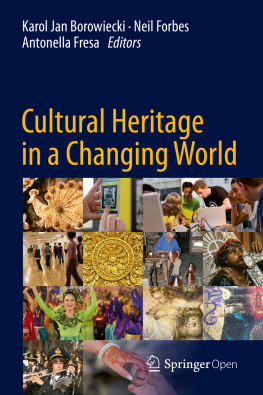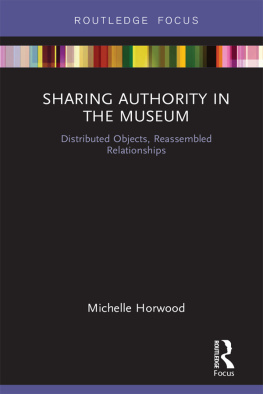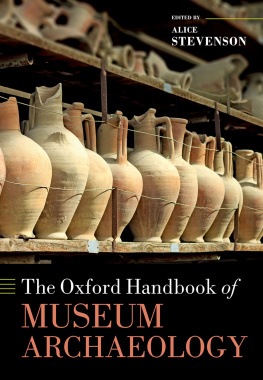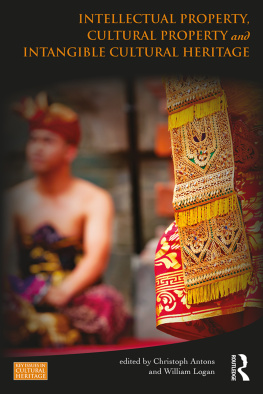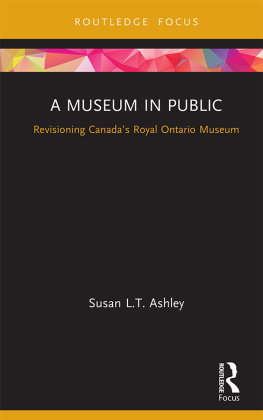Cultures and Technology: An Analysis of Some of the Changes in ProgressDigital, Global and Local Culture
The aim of this article is to understand the cultural changes brought about by the rapid diffusion of the new communications technology in the globalized context of the West. The main slant is from a cultural anthropological point of view, but it is inevitably also interdisciplinary due to the common ground shared with philosophy, psychology and sociology. The analysis intends to make some proposals on how to think about a European future, and how to intervene consciously in the current situation so that it keeps pace with the young, the so-called digital natives (Prensky ). In order to do this, I begin by tracing a brief outline of the reasons why the discipline of cultural anthropology plays such an important role in the understanding of the digital revolution which today is a part of our everyday life. The new information technologies and their global diffusion have radically influenced the changes in Western society and locally. The current process of globalization has favoured and has been strengthened by the Internet which has evolved with unprecedented rapidity.
Cultural differences between groups of human beings have always been at the very core of cultural and social anthropology since it became an academic discipline: as Hunnerz () says diversity is our business. Initially the discipline was concerned with the study of non-Western, so called primitive cultures, which today also have an impact on our own society. Anthropology is characterized by multiple, interconnected fields of study which make up the culture of a group of human beings. This anthropological concept helps us understand what we are talking about and consists of a wide range of different realms of knowledge elaborated by all populations, and their resulting actions and behaviours. Such spheres of knowledge are organized into a cognitive structure whose content varies from group to group.
These realms of knowing are considered useful by a society to tackle everyday life, extraordinary events, and problems that give meaning to the world around them. This cultural model is learnt at birth, more or less unconsciously; people make it their own by imitation and example and it is expressed in the local language. This is not a once-and-for-all procedure but a flexible one, subject to continuous change, a life-long learning process influenced by personal experience. Culture is, therefore, essential for creating a sense of belonging and identity for every human being (Combi ).
Every cultural model finds its own answers to internal impulses that occur over a period of time, but above all to those produced by encounters with other cultures. The modifications, theoretical or practical, which emerge from the diversity of the fields of knowledge that characterize different societies can be influential to a greater or lesser degree. This is a case in point for changes arising from the introduction of advanced technologies, whether these are felt consciously or unconsciously in our Western culture and in other cultures. When a human group comes into contact with new elements it arranges them inside an already existing pattern, thus modifying the order of what is already known. The introduction of new technologies, for example, has led to changes which required readjustment, or new articulations, of relations between the various fields of knowledge and the daily life of both the individual and the community. Technical revolutions have also turned out to be cultural revolutions, as witnessed by the changes wrought by inventions such as the wheel, the steam engine etc., and also by the passage from an oral culture to a written one (Combi ).
Anthropology has the instruments to analyse cultural changes and to understand the current process of globalisation and the effects created by information technology on different societies.
The role of technology in a society shows the indissolubility of the relationships that bind technology, society and the individual as shown by this analysis which identifies the numerous cultural changes caused by the use of information technology (IT). Technology is not only the machine itself but is the whole set of relationships between human beings, utensils and fields of knowledge. Another important feature of anthropological theory is that it enables us to define culture as a set of communicative acts. Communication is what allows groups and individuals to represent themselves and interact with the world through norms and values.
For years now the mass media have in forecasting a future of homogenization, a levelling-out or even disappearance of cultural differences. Field research and ethnography carried out all over the world by anthropologists have maintained the contrary for decades and this has been confirmed by current trends. For example, the constant rising demand to have own cultural and linguistic features acknowledged within Nations such as the Scots in Great Britain, the Catalans in Spain, etc.
One final general observation: new technologies modify space, time, relationships and types of communication that still continue to co-exist with the other fields of knowledge inherent in a culture. The different pace of development of different societies in the world has been overwhelmed by this innovation, which has caught everyone unaware. The greater our awareness of living in a global world, the more strenuous our defence of local identity is. There is a gap between the speed at which digital technology is developing and the slow pace at which cultural models and their inherent values are changing. For example, time and space are perceived in different ways on the net and in real life, although the perception of the web is slowly influencing the perception in real life.
This push for cultural change greatly stimulated by the web, is present in all societies involved in this technological experience. Therefore, anthropology does not only seek to understand how one learns to become a member of a society, but it also seeks to understand how selection activities and human creativity modify the process of learning in order to open the mind and get to know and learn to respect the world view of others.
Changes in Cultural Codes, Behaviours and Fields of Knowledge
The following analysis is divided into the three periods of our societys time continuum past, present and future. To provide young Europeans with the necessary cognitive abilities to manage their future with greater awareness, it is essential to revise previously-held opinions and, with the benefit of hindsight, to answer questions that had no answers from the second half of the 1900s to the first decade of the twenty-first century, re-analysing the cultural changes that have occurred since then. The past that I am therefore interested in is the recent past. Many of us can hardly remember ever having lived without e-mail, computers, smart phones, all those technological devices that today seem indispensable.

